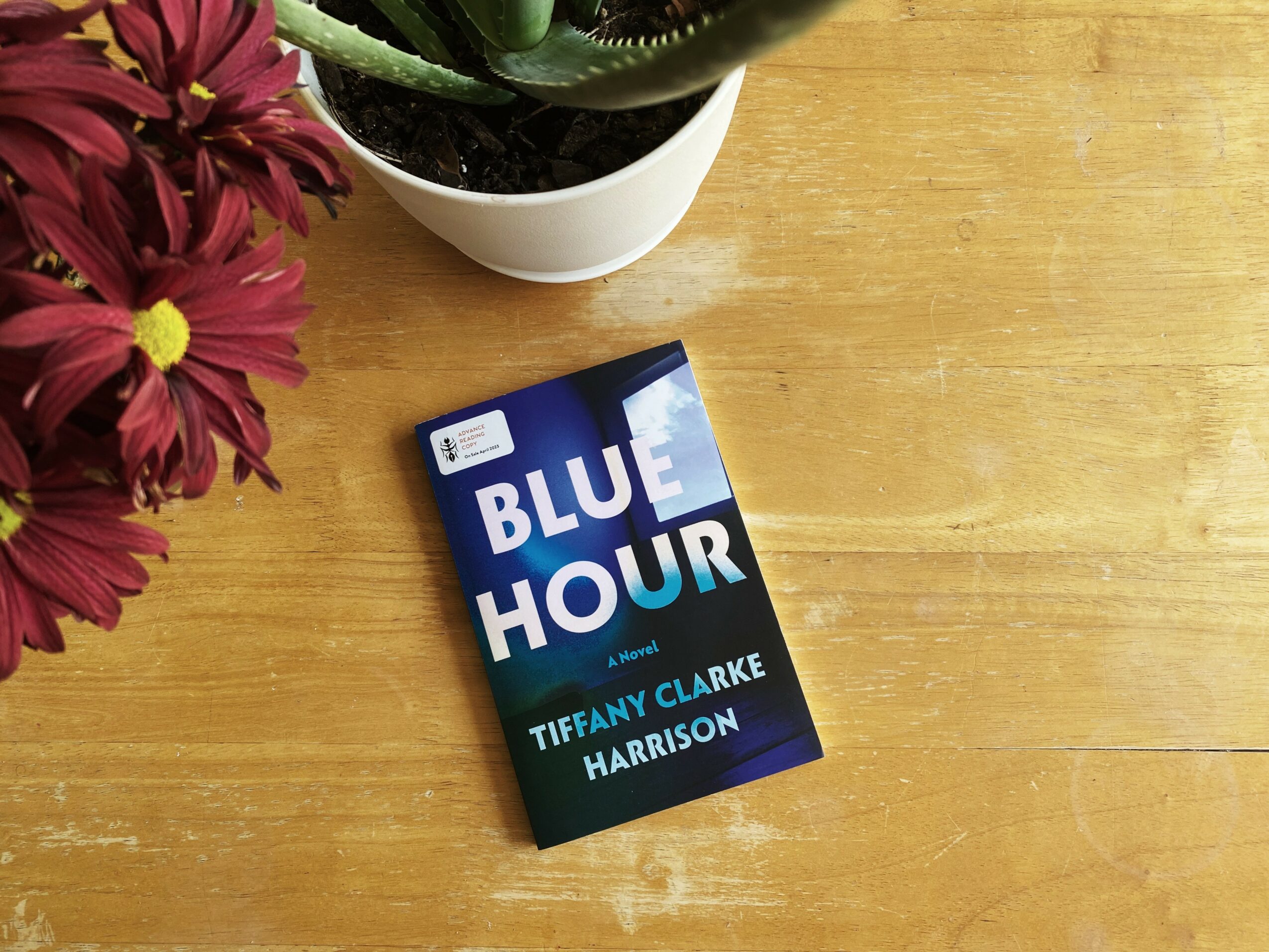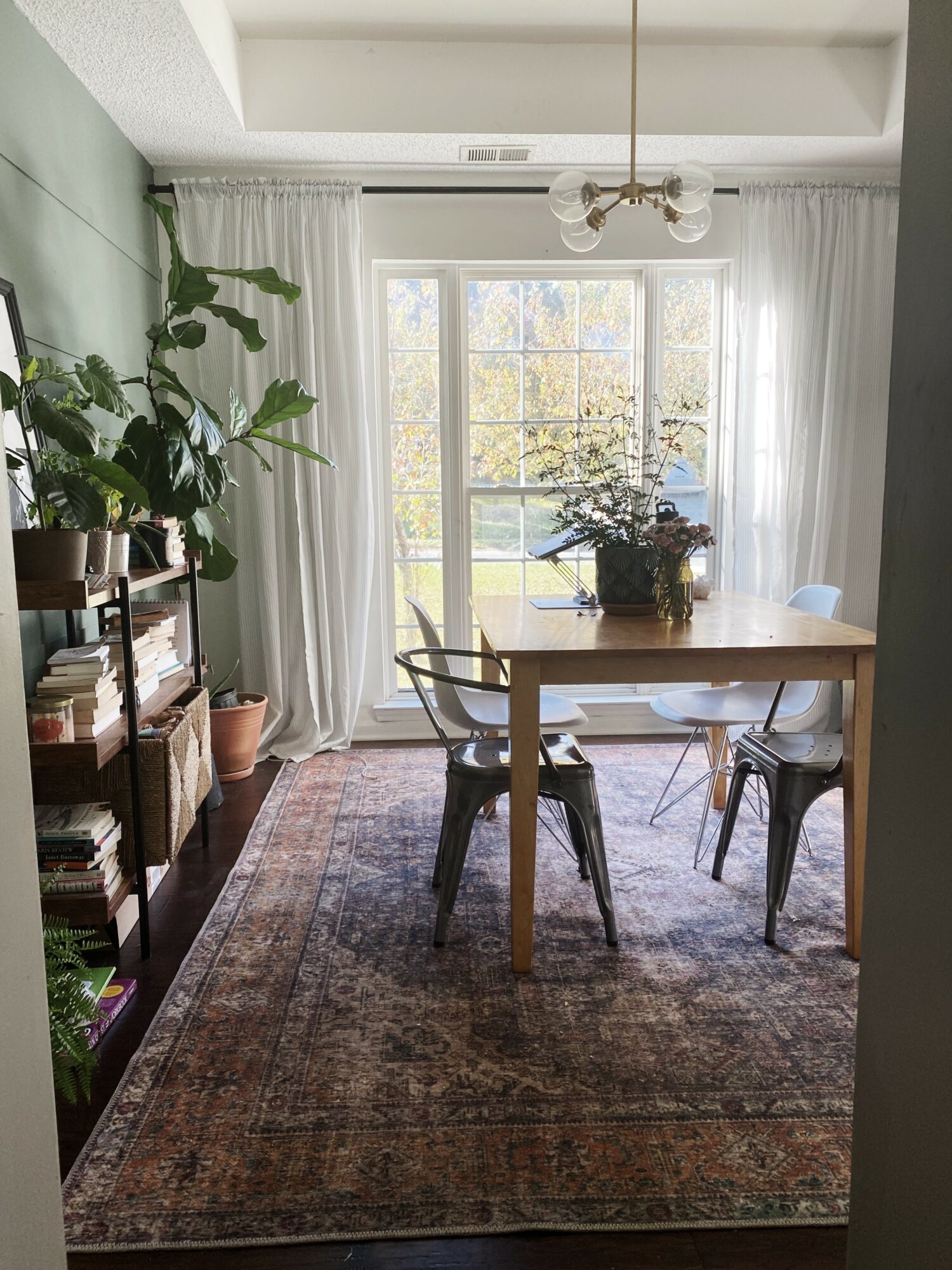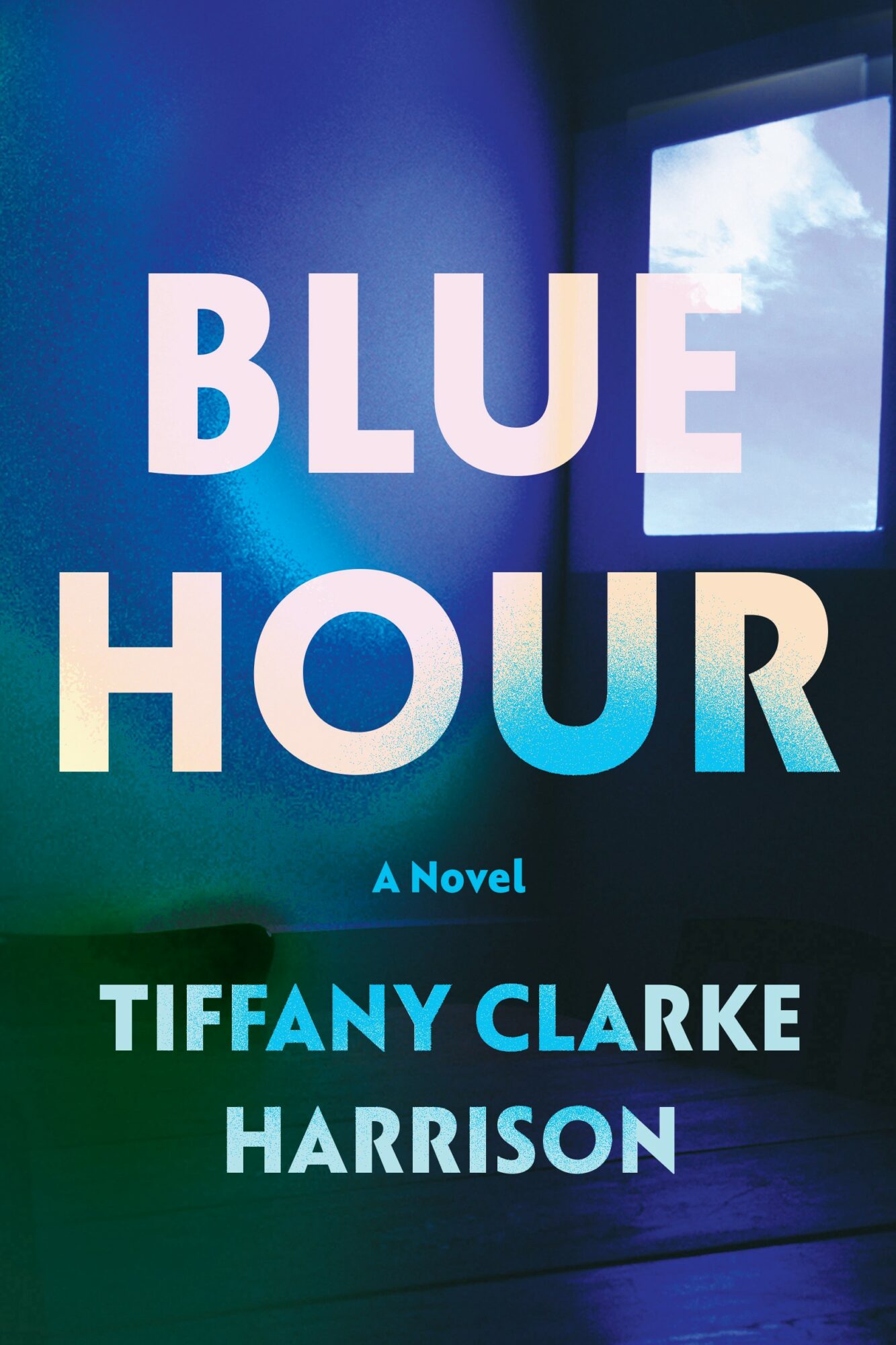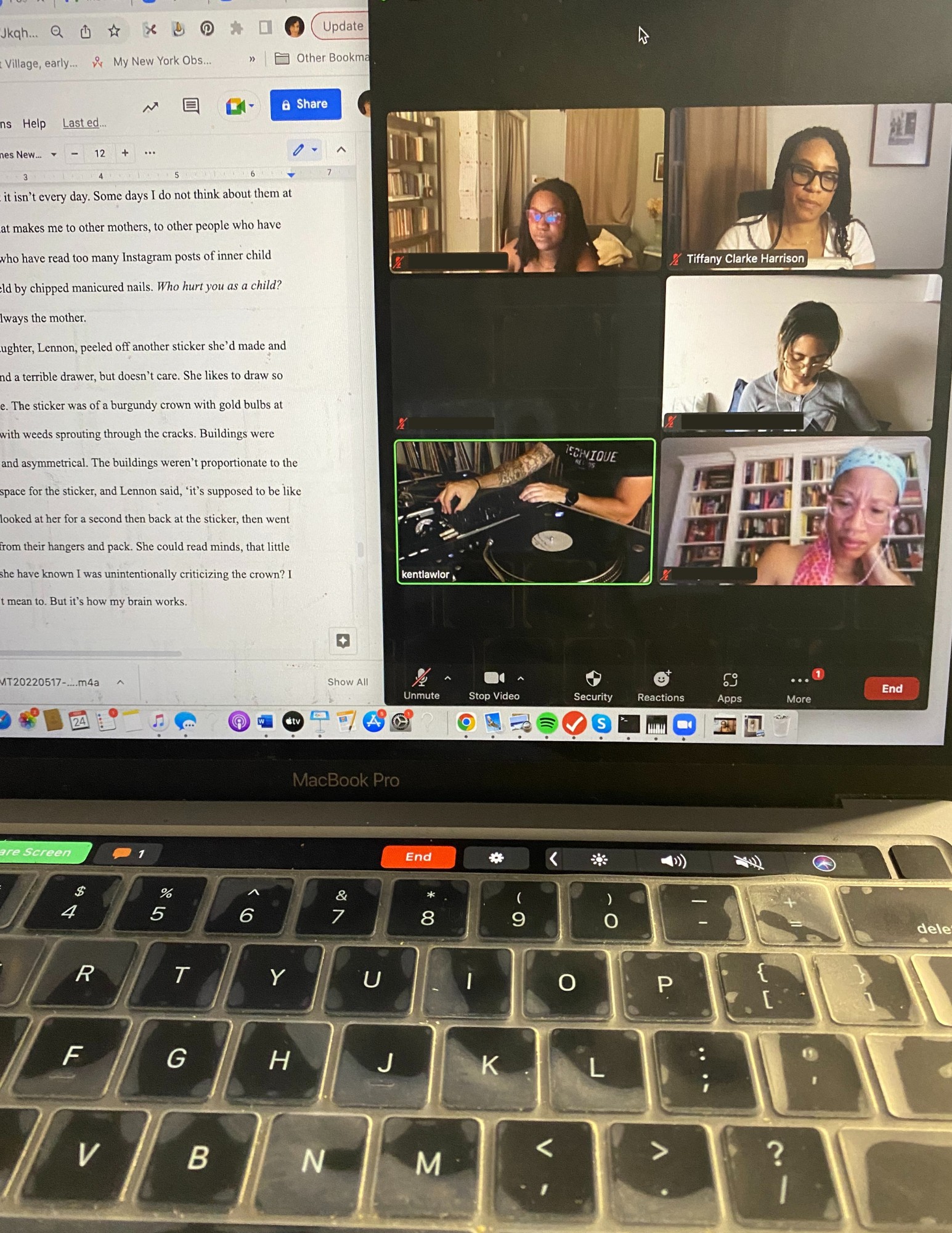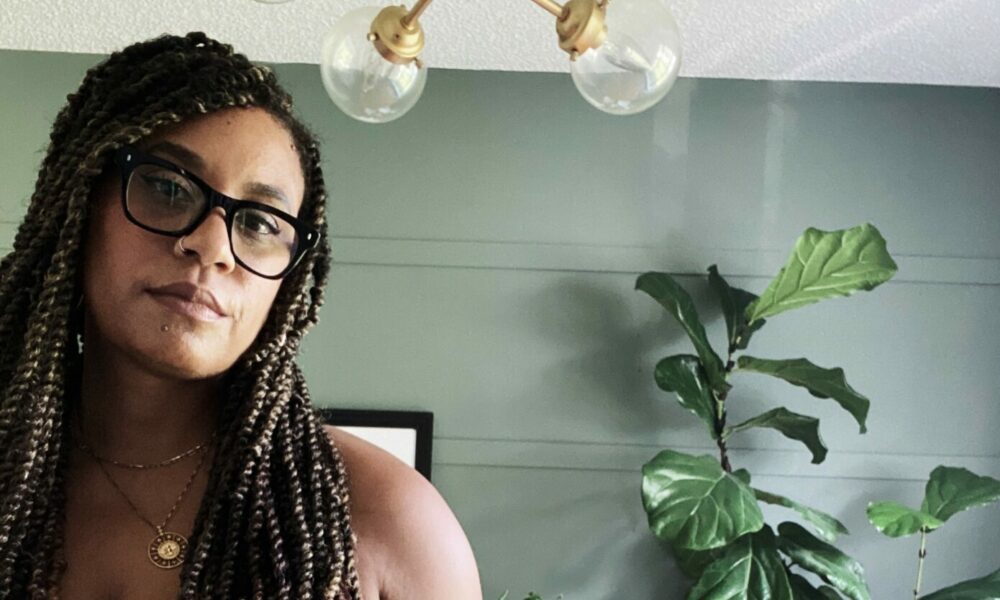

Today we’d like to introduce you to Tiffany Clarke Harrison.
Hi Tiffany, so excited to have you with us today. What can you tell us about your story?
I’ve always enjoyed playing make believe and reading as a kid, and as I got older I wrote stories in a notebook. I’m a military brat so we moved a lot, and (in hindsight) storytelling was a way of building connections with “people” when I was new. I wasn’t shy but I was quiet—still am—and creating characters felt like making friends when I was new. I also just enjoyed it, so even when I had a small circle of friends, I liked creating new people and circumstances in my head or on the page. In undergrad, I was an English major creative writing concentration. Senior year, my professor handed back my portfolio in front of the class and said, “You will write a book one day.” I was 21 at the time and through all the career detours (real estate, marketing, getting an MBA, etc.) I never forgot it, and kept working on my first novel and started another.
At age 37, I was burnt out at an unfulfilling job, not writing much, and was diagnosed with Multiple Sclerosis. One of the first things I thought on my first coherent day in the hospital was, “I haven’t published a book yet.” Within two years (give or take), I made significant life changes including quitting my job and applying for an MFA program, the Fiction track. After about a semester, I decided to help other writers with their books, particularly those with a more intuitive writing practice. Outlining and rigid deadlines never worked for me, and I knew that must be the same for others. It was, and people were relieved to hear me talk about this more fluid way of writing. Writing a book brings up a lot of mental and emotional…stuff.
For example, I’ve had clients who want to talk about sex in their novels but don’t because of limiting stories from their early or formative years where they were told sex was dirty, shouldn’t be discussed, etc. Or clients who want to write memoir but feel arrogant because of messaging they received early on about being the center of attention or talking about themselves too much. I work with clients through those emotional and mental blocks to make the writing as potent as they know it can be. I certainly had to work through blocks to write my novels (and sometimes the writing is the “working through it”), and before graduating with my MFA, I signed with an agent. The following year my book, BLUE HOUR, was acquired and will be in stores on April 4, 2023.
I’m sure you wouldn’t say it’s been obstacle free, but so far would you say the journey have been a fairly smooth road?
My biggest struggle was feeling like I needed to do things a certain way. I call myself a Former Should Girl—I always did what I thought I should do. I was very much a rule follower and spent many years trying to be someone I thought I was supposed to: more extroverted, corporate, less sensitive and more logical. In Myers Briggs, I’m an INFP—Introverted, Intuitive, Feeling, Perceiving. All of which are the opposite of what is glorified in Western society. I didn’t need Myers Briggs to tell me this, I already knew it, felt it, without having the words. After my MS diagnosis, I decided I wasn’t going to force myself to be someone else any longer and that there was no “right” way to live. Once I began embracing being incredibly sensitive and introverted, not working from a plan and leaning into what felt good and right to me, was when things started to change.
As you know, we’re big fans of you and your work. For our readers who might not be as familiar what can you tell them about what you do?
My blood runs thick with feelings and beauty and purpose: writing stories that reflect what it means to be human and guiding authors of literary fiction to do the same. I write about feelings: the ones that feel good, the ones that don’t, and definitely the ones you don’t want anyone to know. It’s how I work with authors while they write their drafts as well. We go into the deep dark spaces they wish to ignore because we both know how much richness it will bring to the story they are writing. I’m often told that I create a safe space, and when people are with me they feel like telling me things. It’s why clients reach out to me in the first place, they know I’ll take them to the places within themselves they are too afraid to go on their own and help them soothe afterward, and channel that emotion into their work.
Is there something surprising that you feel even people who know you might not know about?
I’m pretty funny, sometimes with the sense of humor of a prepubescent boy. I write emotionally heavy, raw and honest fiction, and I love a good That’s What She Said joke.
Contact Info:
- Website: tiffanyclarkeharrison.com
- Instagram: @tiffanyclarkeharrison
